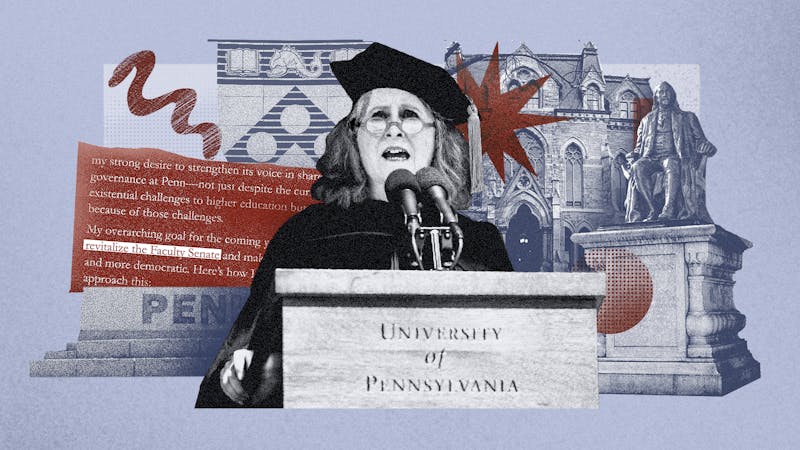University professors said yesterday that they anticipate an economic upswing in the U.S. now that fighting in the Persian Gulf has ended. Professors said there is historical evidence for a possible upswing, and that Americans may buy more due to increased morale. They also added that an end to escalating oil prices will improve the American economy as well as those of other nations. In evaluating the possible economic effects of the war, some professors drew historical parallels between the effects of World War II on the depressed American economy and the prospects of the Gulf war rescuing the economy from the current recession. Finance Professor Andrew Abel said the current war could pull the U.S. out of the recession, just as World War II helped pull the United States out of the Great Depression. "Once we get out of the war, there will be a new upswing that will last for a while," Abel added. Abel added that the key to any upswing will be how Kuwait chooses to rebuild. He said contracts between Kuwait and the U.S. or U.S. corporations to repair the damage of the war could bring benefits to the economy. Economics Professor Albert Ando said the contracts would help improve inefficient use of resources. "We have a recession and excess capacity," Ando said. "More demand on the excess capacity will be helpful to the U.S. economy, but I don't know how many [of the contracts] are going our way." Assistant Professor of Finance Henning Bohn said yesterday the contracts will probably be allocated to reflect the number of forces and other support each country contributed to the war effort. "It looks very much like these contracts will be shared out by manpower," he said. "America may get the lion's share, Britain gets her share." The remainder of coalition members should receive a fair portion as well, he added. Ando added that an increase in government spending tends to stimulate the general economy. But he said people should be wary of how much it may really amount to. "We do not know at this point how much is being included," Ando said. "It has been financed in a peculiar way." Bohn said economists have argued that victory in a war improves national morale, often encouraging people to increase purchases. "The end of the war could unleash . . . optimism and help, which may be an area where the end of the war could help most significantly," he said. Bohn added, however, that the "effect of sentiment" may be overrated and that it is "hard to predict." Abel was the only professor who said oil prices will have a significant impact on the national and international economies. "It is unlikely that oil prices would rise immediately after the end of the war and this is good for other nation's economies as well as ours," he said. The professors said the war will probably have little bearing on the Savings and Loan crisis or other financial problems facing the nation. "These are things we have to tackle in the U.S.," Bohn said. "They did not come with the war, and won't end with it."
The Daily Pennsylvanian is an independent, student-run newspaper. Please consider making a donation to support the coverage that shapes the University. Your generosity ensures a future of strong journalism at Penn.
DonatePlease note All comments are eligible for publication in The Daily Pennsylvanian.







